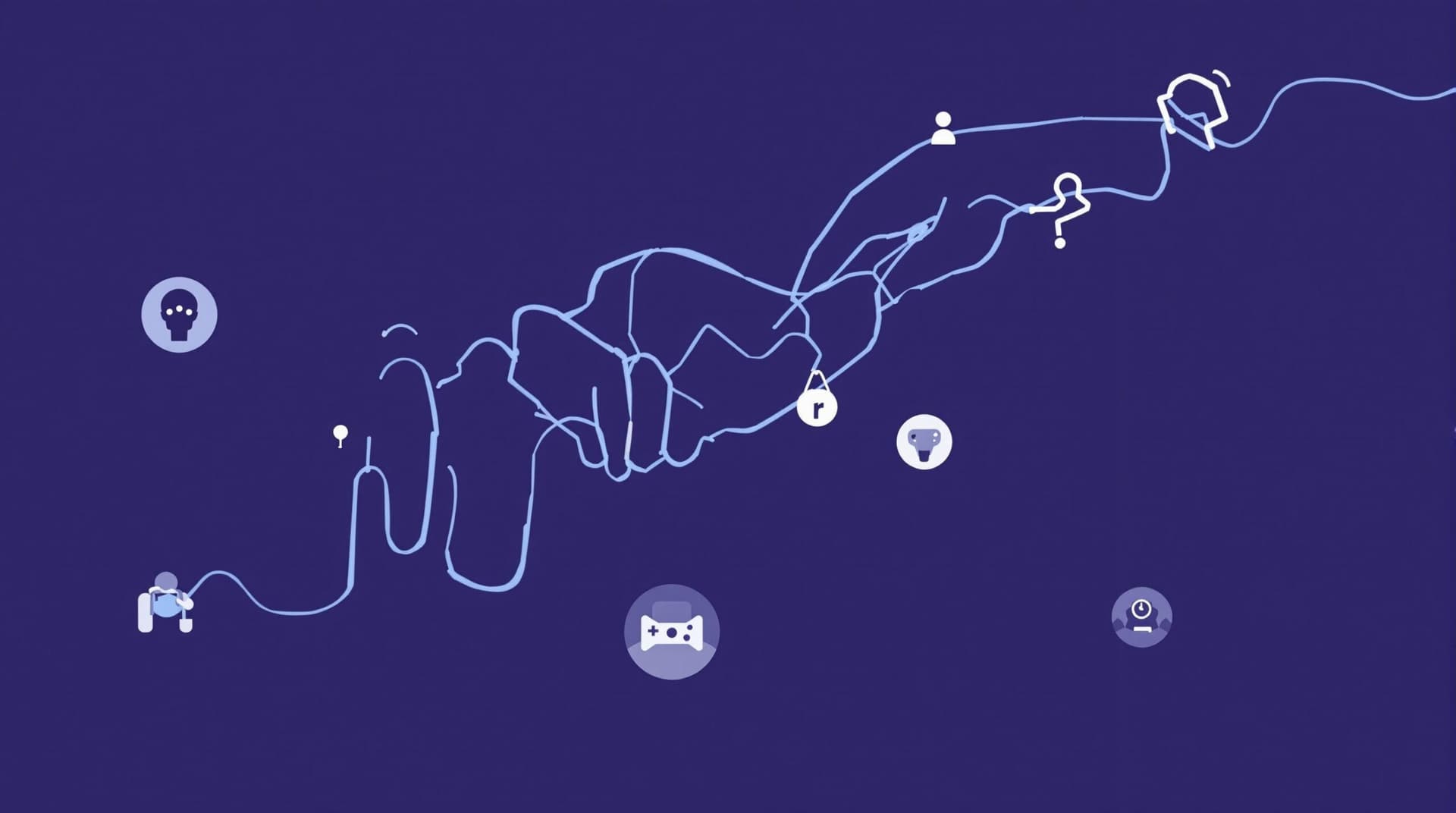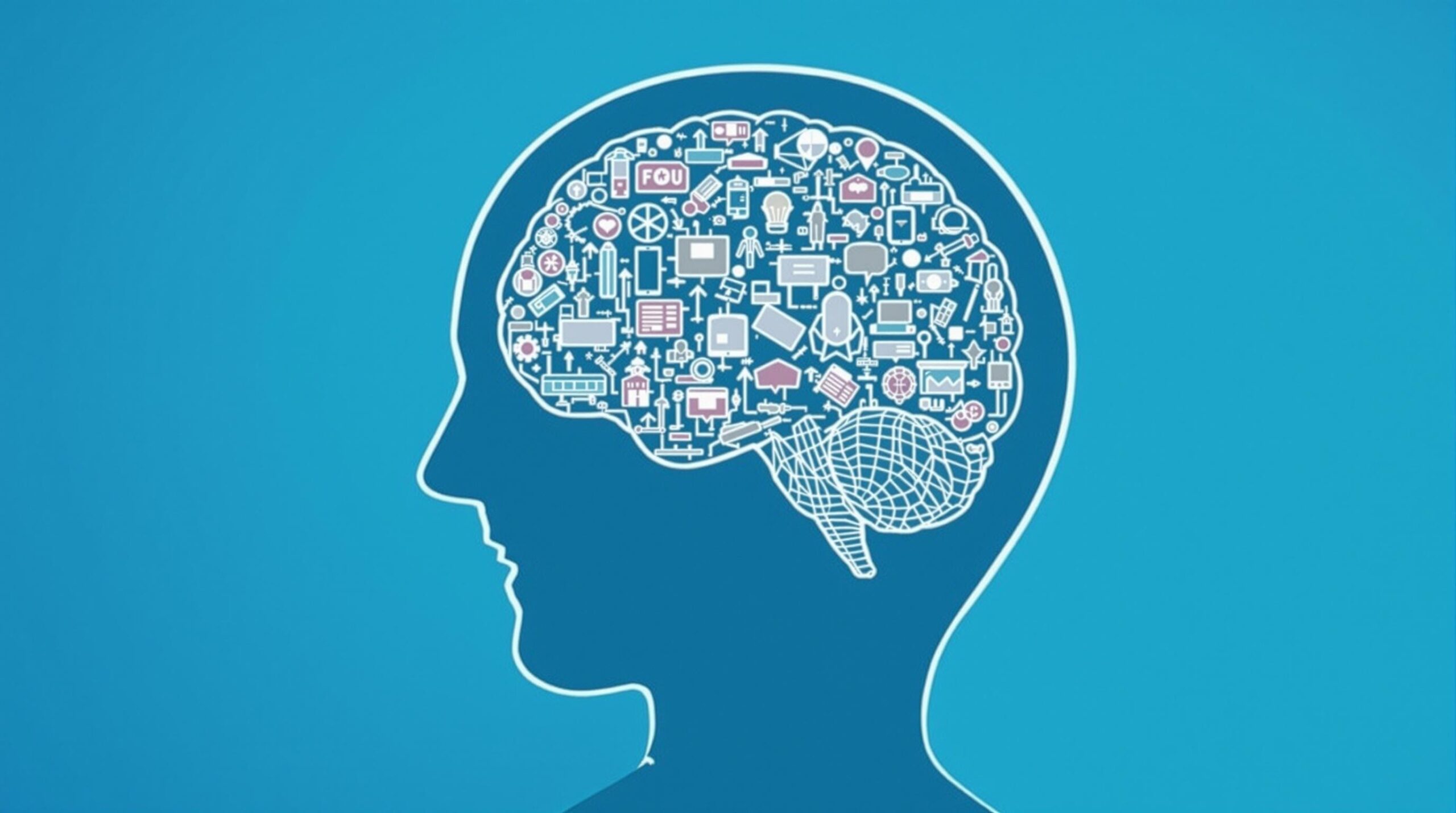Can Psychosis be cured?

Psychosis is a complex mental health condition characterised by a disconnection from reality, often manifesting through hallucinations, delusions, and disorganised thinking. Understanding whether psychosis is curable requires examining the medical definition of “cure” versus the more holistic concept of “recovery”—a distinction that significantly impacts how we approach treatment and measure success.
TL;DR (Too Long, Didn’t Read)
- Complete cure isn’t typically possible, but about 51% of first-episode patients achieve personal recovery after 10 years
- Recovery is highly individualised and non-linear, with 32.5% experiencing relapses requiring hospitalisation within 5 years
- Early intervention dramatically improves outcomes, with treatment within 3-6 months correlating with 40-60% higher remission rates
- Modern treatment combines medication approaches (including newer options like Cobenfy) with psychotherapy and social support
- Recovery means symptom management and improved quality of life rather than complete elimination of symptoms
Understanding Psychosis: A Symptom, Not a Disease
When asking “is psychosis curable?”, it’s important to first understand that psychosis itself is a symptom rather than a standalone illness. As I explain in my post on whether psychosis and schizophrenia are the same thing, it appears in various conditions including schizophrenia, bipolar disorder, severe depression, and even substance-induced states. This distinction matters because the underlying cause significantly influences treatment approaches and recovery prospects.
Psychosis involves losing touch with reality, often through hallucinations (seeing or hearing things that aren’t there) or delusions (strong beliefs not based in reality). I’ve shared my own first-hand account in What Psychosis Is Really Like. According to the NHS, these experiences can be extremely frightening and confusing for the person experiencing them. The concept of “recovery” in this context means achieving sustained stability and improved quality of life, not necessarily the complete elimination of symptoms.

The Reality of Recovery: What Current Research Shows
Research provides encouraging evidence about recovery from psychosis. A comprehensive study published in the British Journal of Psychiatry found that 50.8% of first-episode psychosis patients achieve personal recovery after 10 years. Even more promising, 74.2% meet at least one recovery criterion, whether symptomatic, functional, or personal.
Long-term studies show approximately 38% achieve full recovery—defined as both symptom remission and functional independence—over seven or more years. Additionally, 68% achieve what researchers call “good life” metrics, including emotional well-being and life satisfaction, according to a study published in Psychological Medicine.
Recovery rates do vary by condition:
- Schizophrenia-spectrum disorders: approximately 30% achieve full recovery
- Bipolar disorder with psychotic features: generally higher recovery rates
- Substance-induced psychosis: 47% achieve full recovery post-detoxification
It’s crucial to understand that recovery is rarely linear. About 32.5% experience relapses requiring hospitalisation within five years, according to research from Frontiers in Psychiatry. This doesn’t mean treatment has failed—rather, it reflects the often cyclical nature of serious mental health conditions.
Medication Approaches: Foundation of Treatment
Medication forms the cornerstone of psychosis treatment, with about 66% of patients responding to first-line antipsychotics such as risperidone or olanzapine. Traditional antipsychotics work primarily by blocking dopamine receptors in the brain, helping to manage hallucinations and delusions.
A significant advancement came in 2024 with the FDA approval of Cobenfy, a novel muscarinic receptor-targeting medication with improved tolerability compared to traditional options. According to Wellcome Trust, Cobenfy works differently by activating specific brain muscarinic receptors while blocking peripheral effects, potentially reducing the side effects that often lead to medication discontinuation.
The selection of medication varies based on:
- Individual symptom profile
- Side effect tolerance
- Previous medication response
- Comorbid conditions
- Patient preference
While asking “can psychosis be cured?” many overlook that medication adherence significantly impacts long-term outcomes. Studies show that consistent medication use reduces relapse risk by up to 75% compared to irregular use or discontinuation.
Psychotherapy and Social Interventions: Beyond Medication
Effective psychosis treatment extends beyond medication. Cognitive Behavioural Therapy for psychosis (CBTp) reduces relapse risk by 25-40% when combined with medication. Family interventions also play a crucial role, improving two-year outcomes by 30% compared to medication alone.
For those with persistent symptoms, metacognitive training reduces symptom severity by 18% even in treatment-resistant cases. Group therapy provides significant benefits for social skills development, while vocational rehabilitation helps patients return to work or education.
Social support interventions include:
- Housing stability programs
- Peer support networks
- Community integration services
- Skills training for independent living
- Family education and support
According to PsychGuides, these psychosocial interventions are essential components of comprehensive care, addressing the functional and social aspects of recovery that medication alone cannot target. For book recommendations on recovery and coping, see my guides to the best books on psychosis and the best bipolar disorder books.
The Critical Importance of Early Intervention
Perhaps the most significant factor in psychosis recovery is early intervention. Treatment within 3-6 months of symptom onset correlates with 40-60% higher remission rates. The duration of untreated psychosis (DUP) represents a critical window—when kept under 12 weeks, negative symptom remission improves by 22%.
Coordinated Specialty Care (CSC) programs demonstrate remarkable success, boosting 10-year functional recovery to 52.7% compared to 35% with standard care. These programs typically include:
- Rapid assessment and diagnosis
- Low-dose medication approaches
- Individual and family therapy
- Supported education and employment
- Case management
The Michigan Medicine Health Lab notes that early intervention has transformed the treatment landscape, shifting focus from managing chronic illness to preventing progression and promoting recovery from the earliest stages. I wrote about my own experience with the treatment system in What It's Like in a Mental Asylum.
Recovery Timeline: The Journey Through Stages
Recovery from psychosis typically progresses through several stages, though the pace varies considerably between individuals. According to Charlie Health, the immediate phase (days to weeks) focuses on safety and symptom stabilization, with about 85% of patients achieving initial stabilization during this period.
The stabilization phase (weeks to months) sees 70% of patients engaging in therapy, focusing on medication adjustment and education about their condition. During early recovery (3-12 months), approximately 55% resume partial daily activities, beginning the process of reintegration into work or school.
Sustained recovery (1-2 years) is marked by 52% maintaining employment and focusing on relapse prevention and independence. In the long term (5+ years), 51% report sustained well-being and focus on quality of life improvements.
Each stage presents unique challenges:
- Immediate phase: Acute symptoms, fear, confusion
- Stabilization: Medication side effects, coming to terms with diagnosis
- Early recovery: Social reintegration difficulties, stigma
- Sustained recovery: Managing stress, preventing relapse
- Long-term: Maintaining treatment engagement, addressing residual symptoms
Special Considerations: Substance-Induced and Treatment-Resistant Psychosis
Substance-induced psychosis presents unique treatment considerations. According to American Addiction Centers, 47% of patients achieve full recovery following detoxification, but relapse rates exceed 60% without ongoing counseling for substance use.
Treatment-resistant psychosis—defined as inadequate response to at least two antipsychotic trials—affects approximately 30% of individuals with schizophrenia. Approaches for these cases include:
- Clozapine (often considered the gold standard for treatment-resistant cases)
- Combination antipsychotic therapy
- Augmentation with mood stabilizers
- Electroconvulsive therapy in selected cases
- Intensive psychosocial interventions
Comorbid conditions significantly impact treatment effectiveness. Depression, anxiety disorders, substance use, and physical health conditions can all complicate the recovery process, requiring integrated treatment approaches that address all aspects of a person’s health.
The Future of Psychosis Treatment
The future of psychosis treatment offers reason for optimism. Cobenfy’s 2024 FDA approval for schizophrenia represents a significant breakthrough, with Phase 3 trials for Alzheimer’s-related psychosis currently underway. This novel mechanism of action may lead to better-tolerated treatment options.
Digital interventions are also transforming care. Apps like PREP improve medication adherence by 35%, while digital phenotyping and AI-assisted treatment planning show promise for personalizing interventions based on individual symptom patterns.
Emerging therapeutic approaches include:
- Glutamate-modulating agents
- GABA receptor modulators
- Anti-inflammatory approaches
- Transcranial magnetic stimulation
- Virtual reality-assisted therapy
According to research published in Schizophrenia Bulletin, precision medicine approaches—tailoring treatments to an individual’s genetic makeup, biomarkers, and symptom profile—represent the next frontier in psychosis treatment. While a definitive “cure” remains elusive, these advances continue to improve recovery outcomes and quality of life for those affected by psychotic disorders.
Sources
nhs.uk/mental-health/conditions/psychosis/overview
pmc.ncbi.nlm.nih.gov/articles/PMC9077430
charliehealth.com/areas-of-care/psychosis/psychosis-recovery-timeline
wellcome.org/news/new-treatment-for-schizophrenia-Cobenfy

Mike McDonnell
Entrepreneur, author, and mental health advocate based in Chelmsford, Essex. I write about building businesses while managing bipolar disorder.
You might also like
Best Bipolar Disorder Books for Daily Management in 2026
Living with bipolar disorder means riding the waves of mania, depression, and everything in between. As I've shared in posts like "Life Inside My Bipolar Mind,
The Best Books on Psychosis for Understanding and Recovery in 2026
Psychosis plunged me into my mind's darkest reality – terrifying delusions, voices that wouldn't stop, and a complete disconnection from the world around me. As
Are Psychosis and Schizophrenia the same thing?
Psychosis and schizophrenia are often confused or used interchangeably, but they represent different aspects of mental health disorders. Psychosis is a set of s
